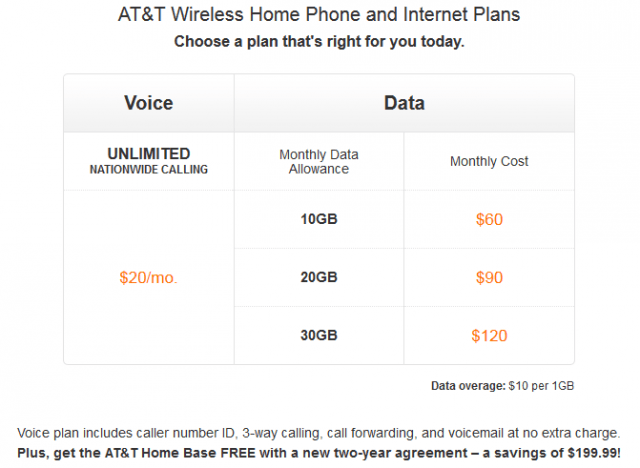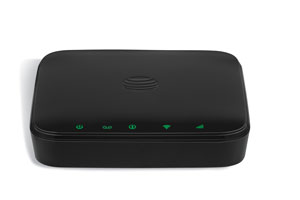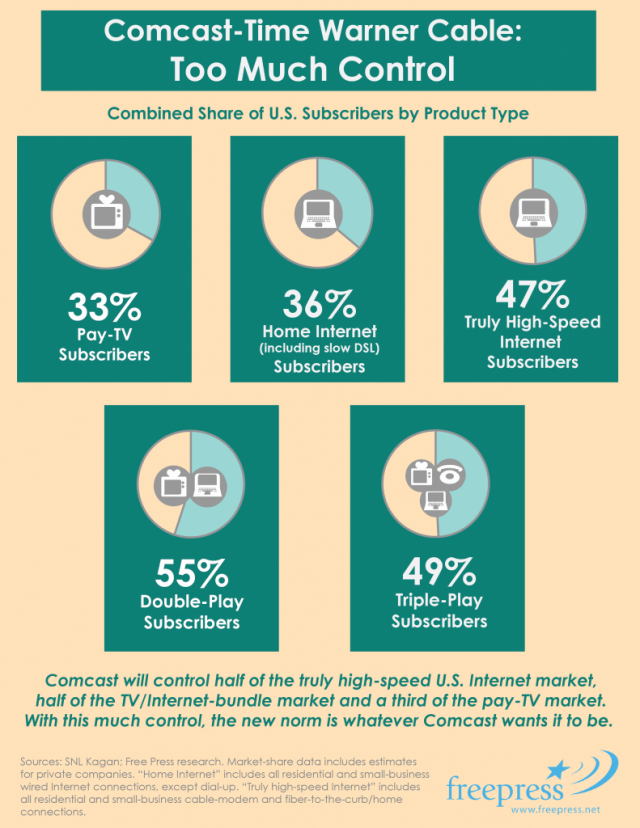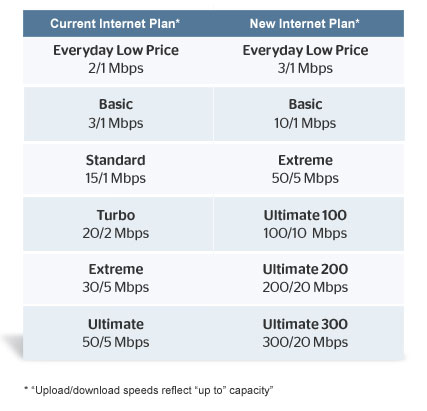AT&T’s solution for rural Americans without access to broadband service arrived this week with the introduction of an $80/month plan bundling a mandatory wireless home landline with a 10GB usage-capped Internet plan.
AT&T Wireless Home Phone and Internet has undergone market testing in selected northeastern areas (largely outside of AT&T’s landline service territory). This week the service became available nationwide and is marketed to customers disconnected (or soon will be if regulators approve) from AT&T’s traditional landline service. AT&T is petitioning to dismantle its rural and outer suburban wired landline network and transfer customers to wireless service. But AT&T’s wireless replacement is both expensive and usage capped with an allowance that is just a fraction of what AT&T DSL offers:

- Customers start with a $20/month wireless landline phone replacement, powered by AT&T’s wireless network. Customers will keep their current phone number and home phones and will be sent a “Home Base” device that will interface between AT&T’s wireless network and up to two telephones. AT&T does not permit its device to be connected to your existing home phone wiring, so it strongly urges customers to buy cordless phones. The device is portable so it can be taken with you when traveling. The standalone service offers unlimited nationwide calling, Voicemail, caller ID and call waiting;
- Those interested in also purchasing broadband can add one of three different data plans: $60 for 10GB, $90 for 20GB and $120 for 30GB. AT&T charges a $10 overlimit fee for each extra gigabyte. You cannot buy broadband service unless you also subscribe to AT&T’s wireless landline product. That means the lowest possible price for rural broadband is $80 a month for up to 10GB of usage. Access may be over AT&T’s 4G LTE network (5-12Mbps maximum speeds) or their much-slower, but more common 3G network. In contrast, AT&T sells DSL for as little as $15 a month with a 150GB usage allowance included.
[flv]http://www.phillipdampier.com/video/ATT Wireless Home Phone Internet Intro 5-2014.flv[/flv]
AT&T introduces its new solution for rural America — wireless home phone and Internet service, at a price much higher than what urban customers pay. (1:42)

AT&T’s Home Base
AT&T’s Wireless Home Phone and Internet includes plenty of fine print and disclaimers:
- A two-year service commitment is required to avoid a $199 charge for the Home Base device;
- 911 service is not guaranteed and you will be required to give your physical location to the 911 operator so they can send help to the proper address;
- A backup battery powers the Home Base allowing up to 1.5 hours of talk time and 18 hours of standby time. However, a standard corded phone that does not need electric power to operate is required to place or receive calls (including 911) during a power outage;
- Not compatible with wireless messaging services/text messaging, home security systems, fax machines, medical alert & monitoring systems, credit card machines, IP/PBX Phone systems, or dial-up Internet service. May not be compatible with DVR/Satellite systems;
- Call quality, wireless coverage, and service reliability are not guaranteed;
- Well-qualified credit approval required;
- An activation fee (undisclosed) also applies.
There are many surcharges that also may apply, including a $35 restocking fee, federal, state, and local taxes and the universal service fee. Customers must also pay AT&T-originated fees kept by AT&T, including a $1.25 “cost recovery charge,” a gross receipts surcharge, administrative fees and any government-originated assessments that AT&T passes on to customers in various states.
[flv]http://www.phillipdampier.com/video/ATT Wireless Home Phone Internet Setup 5-2014.flv[/flv]
AT&T explains how to set up and configure its Home Base to receive phone and broadband service wirelessly. (3:16)


 Subscribe
Subscribe The New York Times
The New York Times 


 Lobbyists like Gray used astroturf tactics to mobilize various unaffiliated non-profit groups to write glowing letters in support of consolidating Sirius and XM Radio, usually in return for generous contributions. It is likely to be more of the same with this merger.
Lobbyists like Gray used astroturf tactics to mobilize various unaffiliated non-profit groups to write glowing letters in support of consolidating Sirius and XM Radio, usually in return for generous contributions. It is likely to be more of the same with this merger.
